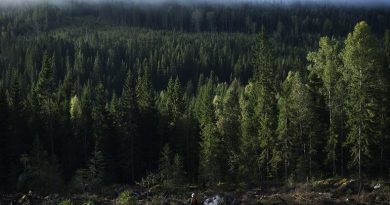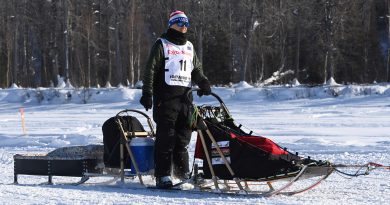Arctic Canada: Nunavut government asks to lower caribou hunt, which could impact local communities
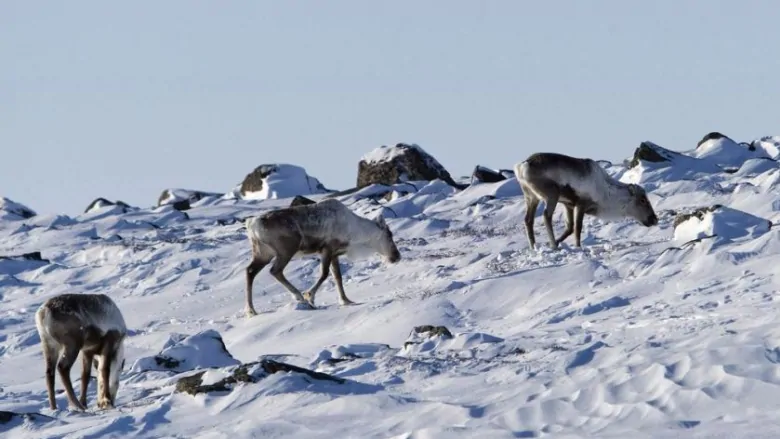
The Government of Nunavut is asking to lower the annual harvest limits of two declining caribou herds in western Nunavut, but impacted communities say the proposed restrictions will have severe impacts on their way of life.
A proposal submitted by the territory’s Department of Environment to the Nunavut Wildlife Management Board in December asks for the total allowable harvest of Bluenose East caribou to drop to around a third of what it is now, from 340 to 107 annually. It also calls for a ban on harvesting females.
Another proposal that came at the same time, during meetings with the wildlife board in the community of Kugluktuk, asks for a total ban on the hunt of Bathurst Caribou in Nunavut. Currently, there are only 30 tags for that herd, which is already banned for hunting in the Northwest Territories.
N.W.T., Nunavut governments look to joint conservation
Changes to the Bluenose East herd would have the largest impact on residents in Kugluktuk, the only community in Nunavut who hunt them.
A population survey from 2018 shows the population of the Bluenose East herd was halved in just three years, counting around 19,250 caribou left. The same survey also showed that females are dying young, and not birthing enough calves.
The herd is mostly hunted across the territorial border, in the Northwest Territories, and in June, the N.W.T. reduced its total allowable harvest. Changes proposed by the Nunavut government are meant to bring Nunavut’s harvest in line with what’s happening in the N.W.T.
“You can’t have one jurisdiction doing one thing and another jurisdiction implementing different management actions on the same herd,” Drikus Gissing, director of wildlife management for the department of Environment, said. “If it’s not coordinated, you won’t have proper conservation initiatives put in place.”
Kugluktuk, Gissing said, has access to other caribou, noting that the decline seen by the Bluenose East and Bathurst herds has not stopped.
“We’re trying to slow down the decline,” he said.
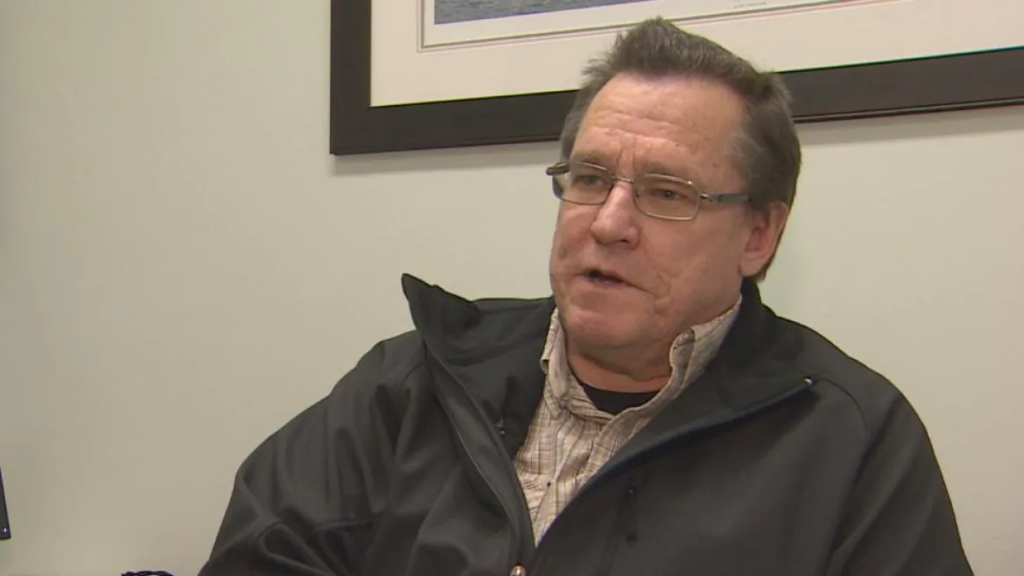
Community asks for females too, harvest of 250
Kugluktuk’s Hunters and Trappers Association has its own plans for conservation of the Bluenose East herd.
To date, the community has never hunted all its allowed tags in one year, said Amanda Dumond, manager for the community hunters association. Changing migration patterns have meant the herd is getting harder to access, she said.
Instead, Kugluktuk is asking the Nunavut Wildlife Management Board not to reduce the harvest below 250, and for a one to one ratio of hunting males and females.
“We know that there’s a decline. But we also know that there’s a community that relies on this for food and for clothing. A lower [total allowable harvest] will really impact our community,” she said.
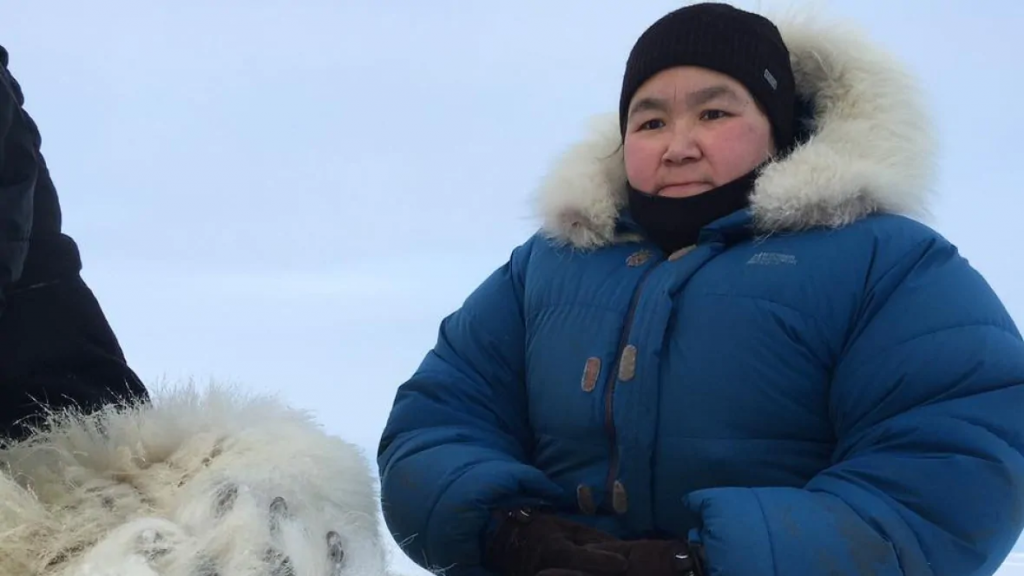
The hunters and trappers’ association has its own policies to protect the herd. It’s banned all sport hunts, and doesn’t allow hunters to hunt around the community, where female caribou harvest in spring.
Dumond said a male-only hunt would restrict the harvest of Bluenose East caribou to the fall.
“We would not be accepting that. It would take away from our cultural history or needs for the animals at different times of the year,” Dumond said.
She said that could also lead to overhunting of the Dolphin Union caribou — another declining herd that has no restrictions on it.
Bathurst caribou hunted for sustenance, sport
A moratorium on hunting Bathurst caribou also impacts Kugluktuk, as well as two outpost camps, Bathurst Inlet and Bay Chimo. By extension, that change also impacts the community of Cambridge Bay.
Another survey from 2018 shows there are around 8,210 caribou in the Bathurst herd — half as many caribou as there were in the herd five years ago, when the N.W.T. wildlife board put a ban on its hunt.
In 2015, Nunavut’s wildlife board chose to allow 30 tags for the Bathurst herd for community use. Right now, the 10 tags that Kugluktuk has are used solely by one family who live off the land, around 280 kilometres outside of the community, at Contwoyto Lake.
“A [total allowable harvest] of zero would greatly impact that family who rely on these tags for sustenance harvesting,” Dumond said. “For the community itself they’re not accessible. There’s not a lot of action we can take to help (with conservation).”
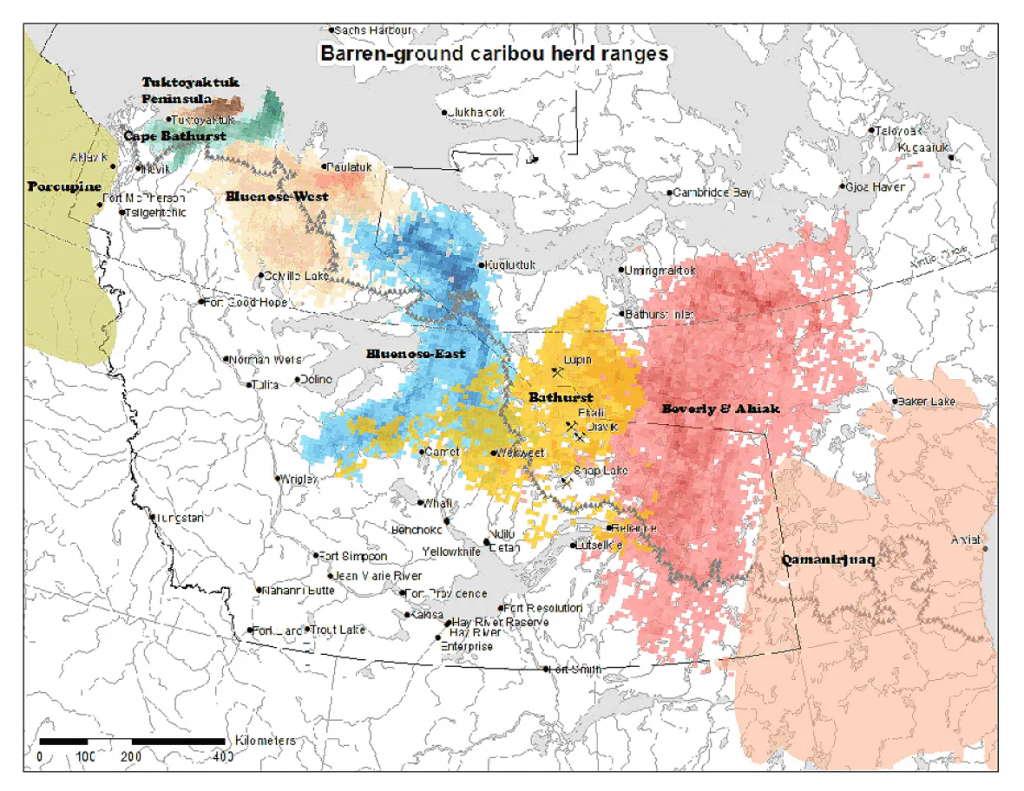
The outpost camps each have ten tags, which are used for food and economic gain through sports hunts, which is allowed under the Nunavut Agreement.
But Gissing says this complicates the issue, because communities across the territorial border gave up hunting Bathurst caribou.
“We do not like to recommend harvest restrictions. We know that these restrictions have significant implications for communities from a social perspective, from a food security perspective,” he said. “When we recommend these limitations on harvesting, it’s basically as a last resort.”
The Nunavut Wildlife Management board will hold public community meetings in Cambridge Bay and Kugluktuk in March to discuss the government’s proposals, and to hear what the communities want.
Gissing said it’s too soon to have a timeline for any changes, but that a decision would be unlikely to come into force until after July 1, when the new harvest season starts.
Related stories from around the North:
Canada: Northern Canadians want caribou calving grounds protected, WWF says, CBC News
Finland: The Arctic railway: Building a future… or destroying a culture?, Eye on the Arctic special report
Russia: Authorities in northwest Russia move to protect wild reindeer, The Independent Barents Observer
Sweden: Indigenous reindeer herders request emergency aid after drought, wildfires ravage Sweden, Eye on the Arctic
United States: Bill to protect ANWR passes early hurdle in Washington, CBC News

